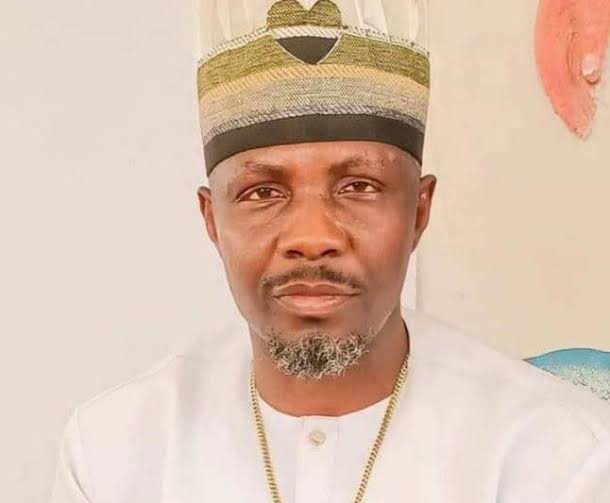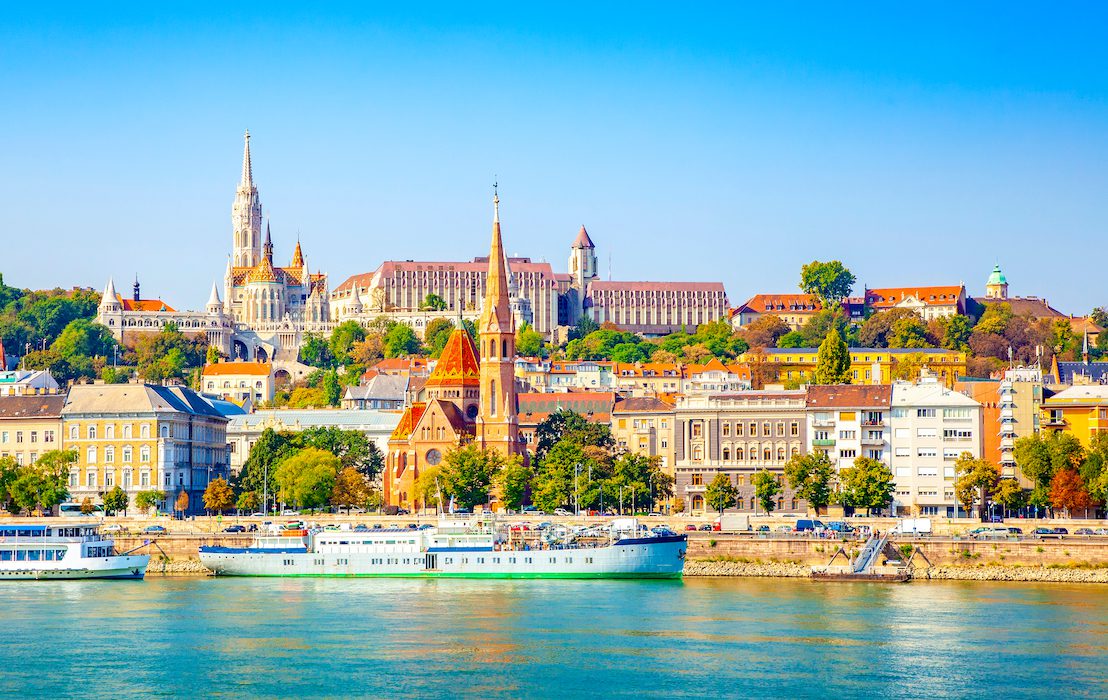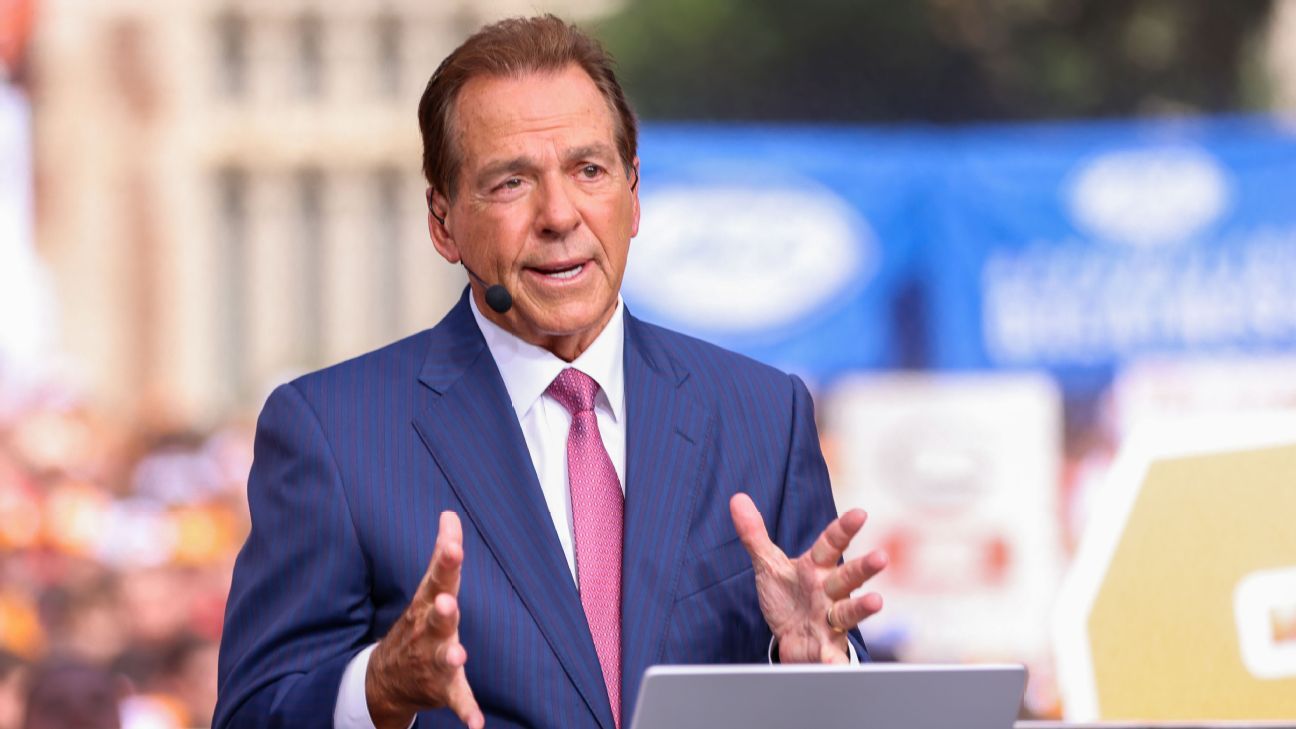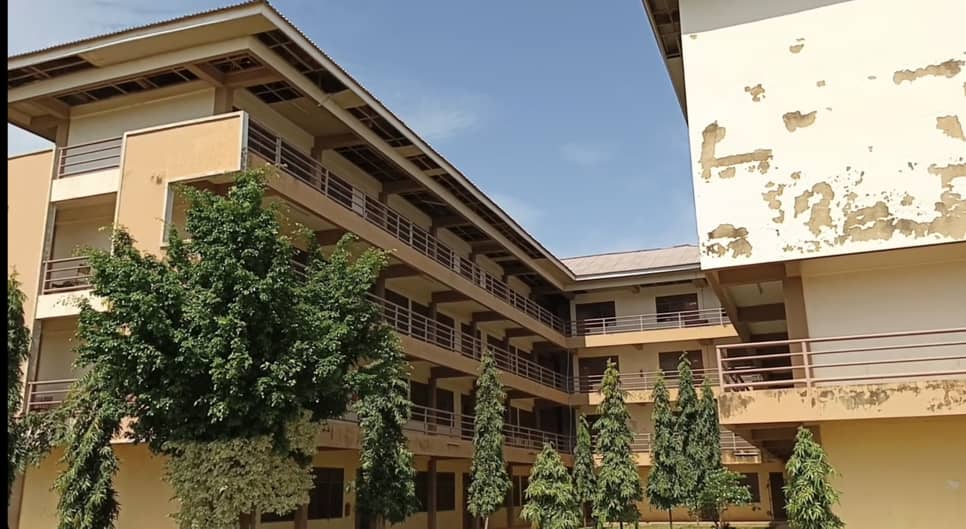Copyright leadership

From the creeks of conflict to the calm of conscience, he has redefined what it means to serve a cause larger than oneself. The Making of a Reluctant Icon High Chief Government Oweizide Ekpemupolo, universally known as Tompolo, did not set out to be a hero. Born on April 12, 1971, in Okerenkoko, deep in the mangrove heart of Gbaramatu Kingdom, Warri South-West Local Government Area, Delta State, his earliest education was the raw schooling of injustice. His father, Chief Thomas Osen Ekpemupolo, and mother, Mrs. Ewe Ekpemupolo, raised him in a community both rich in oil and mired in neglect — where the waters shimmered with crude, and yet the people thirsted for fairness. Out of that paradox grew a man who would later become the face of the Niger Delta’s struggle for dignity, equity, and self-determination. By the mid-1990s, Nigeria’s oil wealth was fuelling prosperity elsewhere but leaving the oil-bearing communities impoverished, polluted, and voiceless. For the young Tompolo, silence was no longer an option. The Struggle and the Turning Point His path to prominence began in 1996, when the military government of General Sani Abacha relocated the headquarters of Warri South-West Local Government Area from Ogbe-Ijoh (an Ijaw town) to Ogidigben (an Itsekiri town). It was a decision that ignited ethnic tension and stripped an entire people of symbolic power. Tompolo sold almost everything he owned — three homes, a Mercedes Benz V-Boot, and several speedboats — to fund a campaign to reverse the injustice. His courage drew both admiration and fear. Eventually, under President Olusegun Obasanjo, the federal government reversed the decision, restoring the headquarters to Ogbe-Ijoh. The victory marked his first public triumph — not of violence, but of persistence. In the years that followed, Tompolo emerged as a commanding voice in the Niger Delta resistance movement. As founder of the Movement for the Emancipation of the Niger Delta (MEND), he confronted a federal system that extracted billions from the region’s soil yet gave little back. His message was simple but piercing: “We are not asking for war; we are asking for justice.” The turning point came in 2009, when he embraced the Presidential Amnesty Programme initiated by the late President Umaru Musa Yar’Adua. Against cynicism and doubt, he laid down arms, urging others to follow. That single act helped end decades of militancy and opened the door to peacebuilding and structured dialogue. It was the beginning of the transformation of both the man and the region. From Agitator to Architect of Stability The same hands that once steered gunboats now manage a new kind of fleet — one of innovation, employment, and peacekeeping. Through Tantita Security Services Nigeria Limited (TSSL), working in partnership with the Nigerian National Petroleum Company Limited (NNPCL), Tompolo has become the guardian of Nigeria’s most strategic assets: its pipelines and coastal terminals. Tantita’s model combines modern surveillance with local intelligence, drastically reducing oil theft and illegal refining (“Kpo-fire”) across the Niger Delta. These efforts have helped increase Nigeria’s daily crude oil output, boosted federal revenue, and restored confidence in community-led security solutions. Yet the economic dividends tell only half the story. Over 3,000 ex-agitators and local youths have found stable, legal employment under Tantita’s watch. Many who once saw rebellion as their only path to relevance now wear uniforms of purpose. In the creeks where gunfire once echoed, you now hear the hum of engines ferrying surveillance teams — proof that peace can pay. The Humanitarian Heartbeat Tompolo’s greatest victory, however, may be his quiet philanthropy. Through the Tompolo Education Foundation, he funds scholarships and teacher training for hundreds of indigent students across the Niger Delta. In March 2025, the foundation launched a capacity-building programme for Youth Corps members in the Warri zone — nurturing new educators for underserved communities. When the Nigeria Maritime University, Okerenkoko, held its first matriculation, Tompolo donated N30 million worth of furniture through the foundation to strengthen its learning environment. The gesture was not just philanthropy; it was prophecy fulfilled — the same Tompolo once branded an outlaw was now investing in the education of a new generation. His compassion extends to healthcare. In 2012, he funded the N20 million renovation of the only hospital in Okerenkoko, and during the 2022 floods, he donated N150 million worth of relief materials to victims in Bayelsa, Delta, and Rivers States. Meanwhile, his Izon Cultural Heritage Centre (ICHC) and Izon Community Service Volunteers (ICSV) have become vehicles for cultural revival and civic engagement, reminding Ijaw youths that service is strength and identity is not a relic but a living force. Recognition Beyond the Creeks The transformation of Tompolo from a militant commander to a national stabiliser has earned wide acclaim. In 2023, the Nigeria Maritime University honoured him with an honorary doctorate for his contribution to peace and development. The following year, the Ijaw People’s Association (IPA) of Great Britain and Ireland awarded him the “Izon-Ebi Dou Keme” Lifetime Leadership Award — meaning “A leader who desires the progress of the Ijaw nation.” At the presentation, Francis Akpanari, IPA president, described him as “a treasure to the Ijaw people, a man who embodies the bridge between conflict and cohesion.” But perhaps the truest recognition came, unbidden, from the people. In an open letter that went viral, Oyinke Preye Tales, a young woman from the creeks, wrote movingly: “You are not just a leader, High Chief; you are a movement, a force of nature, a guardian of the Ijaw people and the Niger Delta. You stood firm when many wavered. You took on the burden of our struggle, even at great personal cost. Because of you, I walk with my head held high.” It was a spontaneous tribute from a generation that no longer sees the Niger Delta as a place of despair but as one of rebirth — thanks, in part, to his choices. Private Life, Public Purpose Despite his fame and political relevance, Tompolo remains rooted in simplicity. He lives quietly in Delta State with his wife, Victoria, and daughter, Mary, shunning flamboyance for reflection. Those close to him describe a man still haunted by the ghosts of conflict but healed by the peace he helped build. To his people, he is the Ibe-Ebidouwei of Ijaw Nation — “the one who brings good to the people.” To Nigeria, he is proof that reconciliation is not weakness and that redemption, when matched with purpose, can become a national resource.



